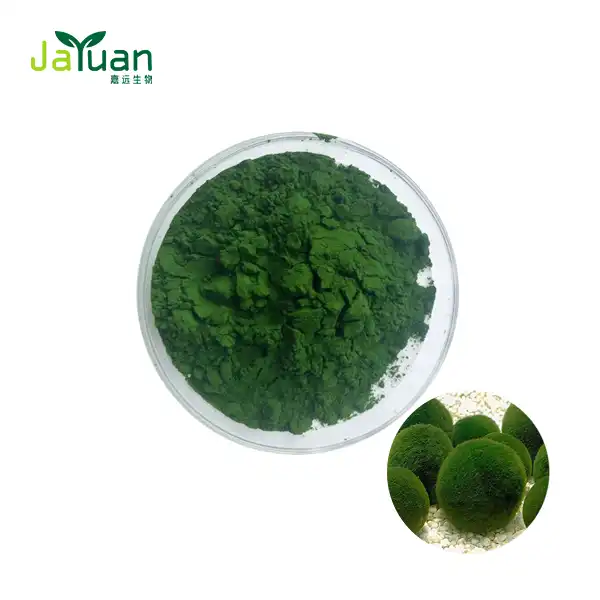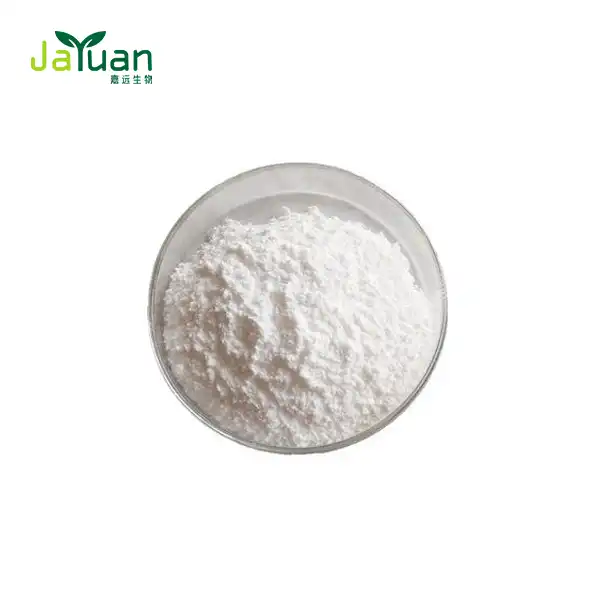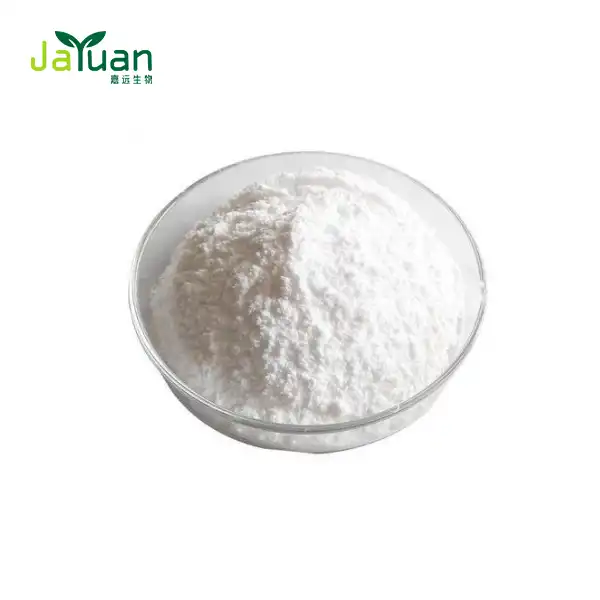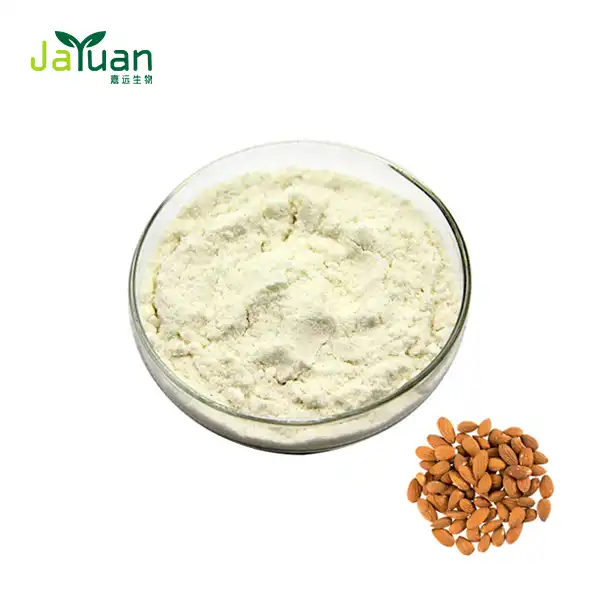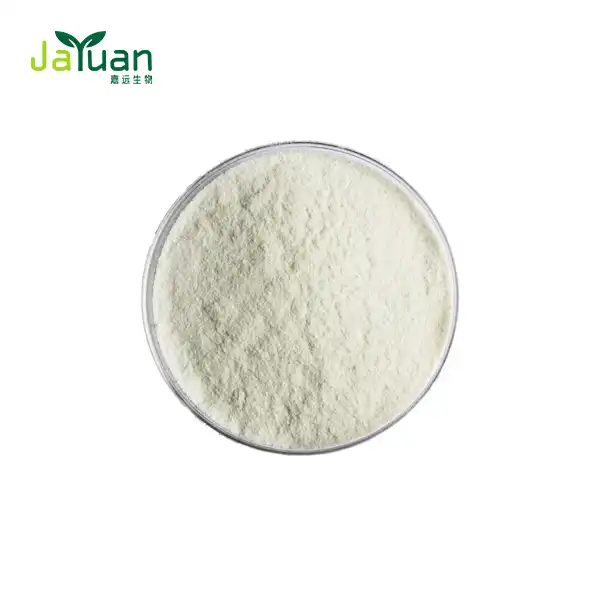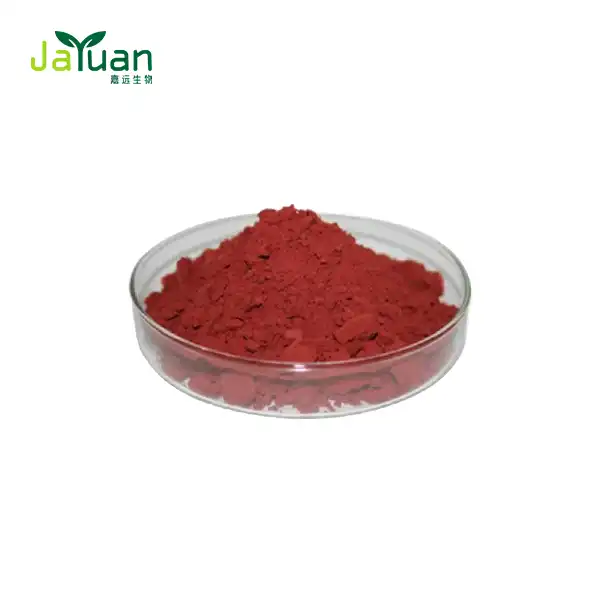Can black soybean powder help lower cholesterol?
Cholesterol management is a crucial aspect of maintaining cardiovascular health. As people seek natural alternatives to conventional medications, black soybean powder has emerged as a potential ally in the battle against high cholesterol. This article delves into the relationship between black soybean powder and cholesterol levels, exploring its potential benefits and mechanisms of action.
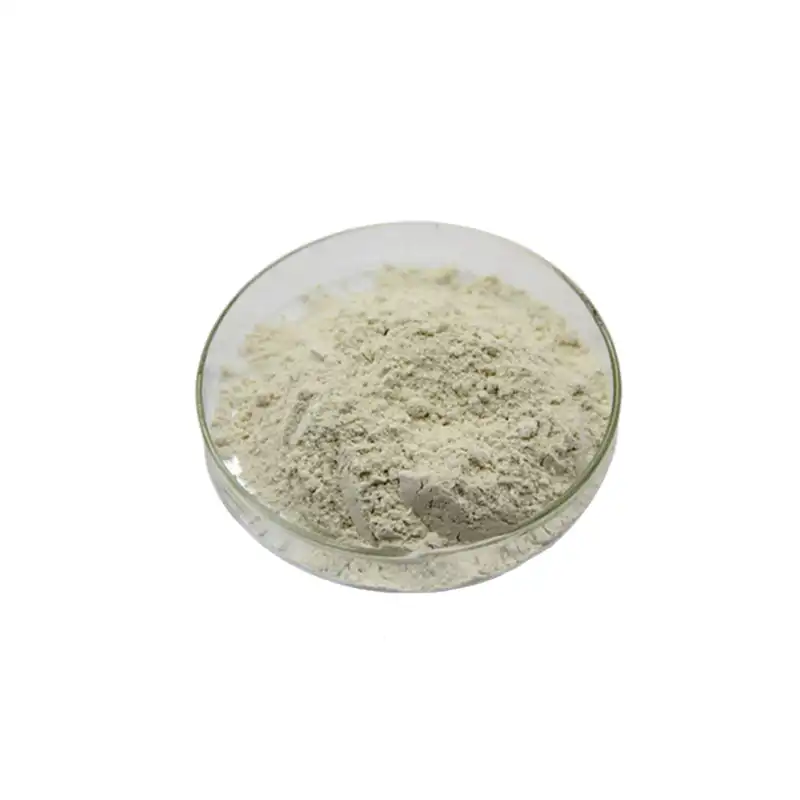
Understanding Black Soybean Powder and Its Nutritional Profile
Black soybean powder is derived from the Glycine max (L.) Merr. plant, specifically from black soybeans. These soybeans are distinguished by their dark, ebony-colored seed coat, which contains a wealth of beneficial compounds. The powder form is created by grinding dried black soybeans into a fine, versatile substance that can be easily incorporated into various dishes and beverages.
The nutritional profile of black soybean powder is impressive, boasting a rich array of components that contribute to its potential health benefits:
- Protein: Black soybean powder is an excellent source of plant-based protein, containing all essential amino acids.
- Fiber: It provides both soluble and insoluble fiber, which are crucial for digestive health and cholesterol management.
- Isoflavones: These phytoestrogens are abundant in black soybeans and have been associated with various health benefits, including potential cholesterol-lowering effects.
- Anthocyanins: The dark pigments in the seed coat are potent antioxidants that may contribute to cardiovascular health.
- Vitamins and minerals: Black soybean powder contains essential nutrients such as vitamin K, iron, magnesium, and potassium.
The Connection Between Black Soybean Powder and Cholesterol Reduction
The potential cholesterol-lowering effects of black soybean powder have been the subject of numerous studies. While research is ongoing, several mechanisms have been proposed to explain how black soybean powder might help in managing cholesterol levels:
Protein composition: The high-quality protein in black soybean powder may play a role in reducing LDL (low-density lipoprotein) cholesterol, often referred to as "bad" cholesterol. Some studies suggest that soy protein can enhance the activity of LDL receptors in the liver, leading to increased clearance of LDL from the bloodstream.
Fiber content: The soluble fiber found in black soybean powder can bind to cholesterol in the digestive tract, preventing its absorption and facilitating its excretion. This process may contribute to lower overall cholesterol levels.
Isoflavones: These bioactive compounds have been shown to have potential lipid-lowering effects. Isoflavones may influence cholesterol metabolism by modulating gene expression related to lipid synthesis and breakdown.
Antioxidant activity: The anthocyanins and other antioxidants present in black soybean powder may help protect LDL cholesterol from oxidation, a process that contributes to the formation of arterial plaque.

Incorporating Black Soybean Powder into Your Diet for Cholesterol Management
If you're considering using black soybean powder as part of your cholesterol management strategy, here are some practical ways to incorporate it into your diet:
Smoothies and shakes: Add a tablespoon or two of black soybean powder to your favorite smoothie recipe for a protein and nutrient boost.
Baking: Substitute a portion of the flour in your baked goods with black soybean powder to enhance the nutritional profile of your treats.
Soups and stews: Stir black soybean powder into soups and stews to thicken them while adding valuable nutrients.
Yogurt or oatmeal topping: Sprinkle black soybean powder over your morning yogurt or oatmeal for an extra nutritional punch.
Homemade energy bars: Use black soybean powder as an ingredient in homemade energy bars or protein balls.
It's important to note that while black soybean powder shows promise in cholesterol management, it should not be considered a miracle cure. A holistic approach to cardiovascular health, including a balanced diet, regular exercise, and consultation with healthcare professionals, is essential for optimal results.
Moreover, individual responses to black soybean powder may vary. Some people may experience more significant cholesterol-lowering effects than others. Factors such as overall diet, lifestyle, and genetic predisposition can influence the outcomes.
When incorporating black soybean powder into your diet, start with small amounts and gradually increase to assess your tolerance. As with any dietary change, it's advisable to consult with a healthcare provider or registered dietitian, especially if you have existing health conditions or are taking medications.
In conclusion, black soybean powder offers a promising natural approach to cholesterol management. Its rich nutritional profile, including high-quality protein, fiber, and bioactive compounds, may contribute to improved lipid profiles and overall cardiovascular health. However, more research is needed to fully elucidate its effects and optimal usage.
To learn more about plant extracts and their potential health benefits, including organic black soybean powder and other innovative ingredients, feel free to contact us at sales@jayuanbio.com. Our team of experts is ready to provide you with high-quality products and customized solutions to meet your specific needs.
References
- Messina, M. (2016). Soy and Health Update: Evaluation of the Clinical and Epidemiologic Literature. Nutrients, 8(12), 754.
- Kwak, J. H., Lee, J. H., Ahn, C. W., Park, S. H., Shim, S. T., Song, Y. D., Han, E. N., Lee, K. H., & Chae, J. S. (2012). Black soy peptide supplementation improves glucose control in subjects with prediabetes and newly diagnosed type 2 diabetes mellitus. Journal of Medicinal Food, 15(5), 443-447.
- Xiao, C. W. (2008). Health Effects of Soy Protein and Isoflavones in Humans. The Journal of Nutrition, 138(6), 1244S-1249S.
- Jenkins, D. J., Mirrahimi, A., Srichaikul, K., Berryman, C. E., Wang, L., Carleton, A., Abdulnour, S., Sievenpiper, J. L., Kendall, C. W., & Kris-Etherton, P. M. (2010). Soy protein reduces serum cholesterol by both intrinsic and food displacement mechanisms. The Journal of Nutrition, 140(12), 2302S-2311S.
- Kim, J. M., Kim, J. S., Yoo, H., Choung, M. G., & Sung, M. K. (2008). Effects of black soybean [Glycine max (L.) Merr.] seed coats and its anthocyanidins on colonic inflammation and cell proliferation in vitro and in vivo. Journal of Agricultural and Food Chemistry, 56(18), 8427-8433.

